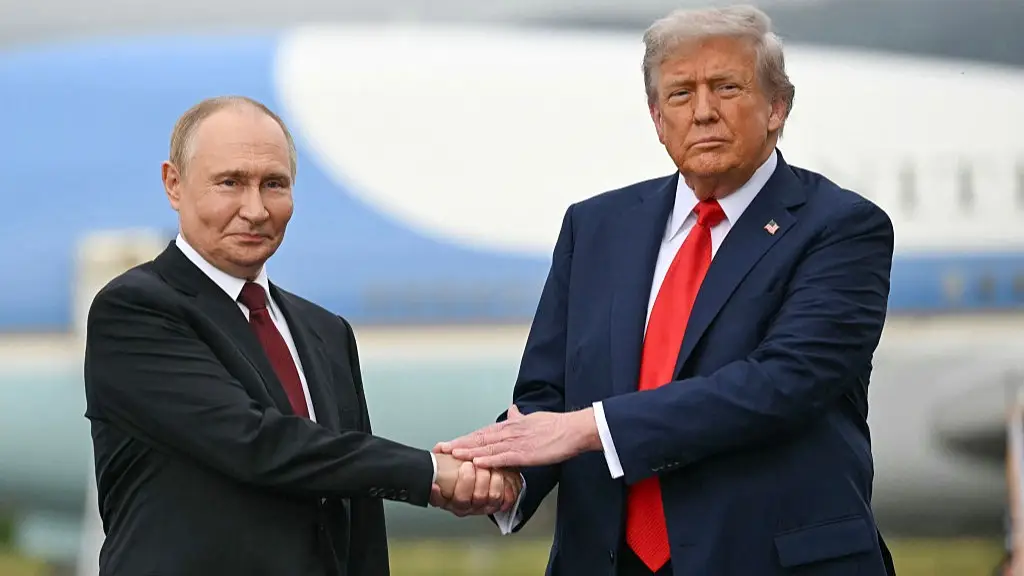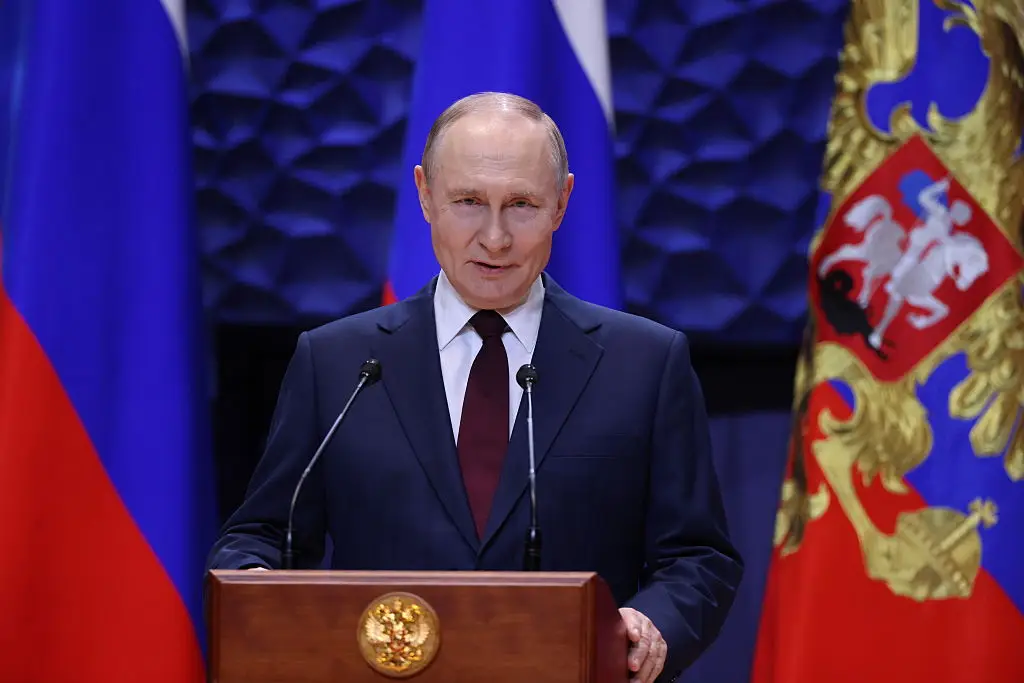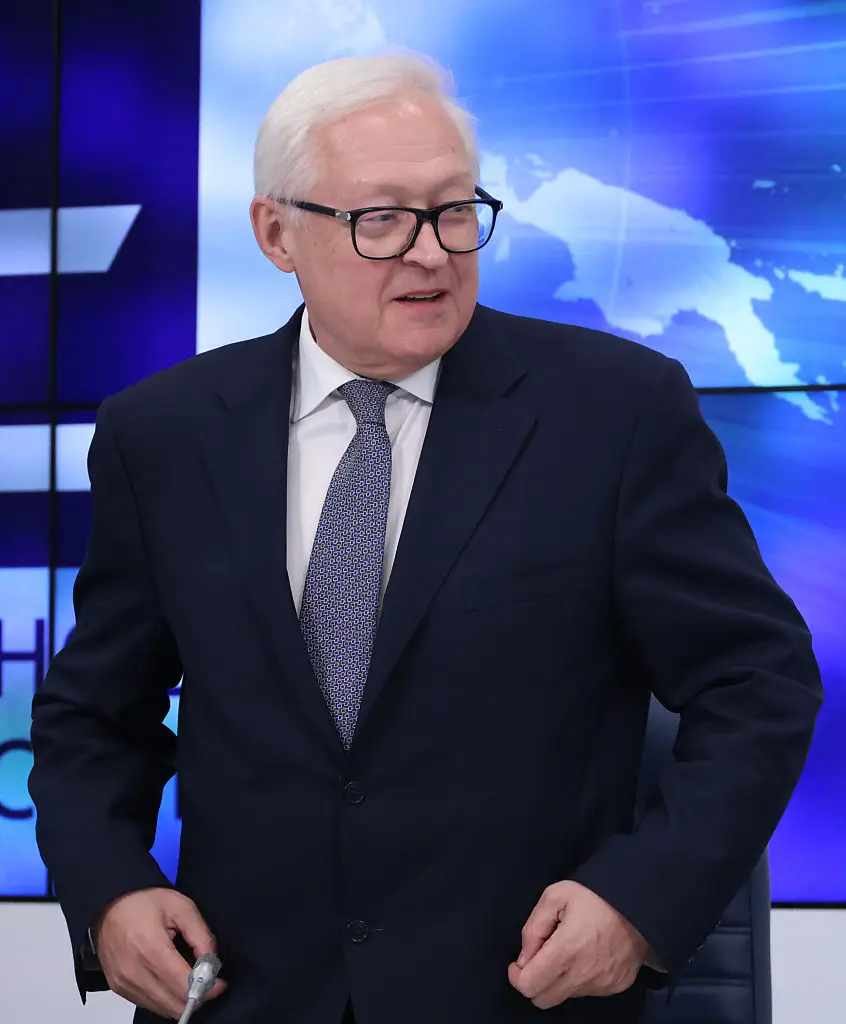
The Russian Deputy Foreign Minister has sent a warning to those who choose to continue nuclear testing, as fears over a third World War grow.
When it comes to issuing threats to other nations, the Kremlin might stand head and shoulders above other European countries, as Putin and his confidantes are not afraid to strike fear into their adversaries.
Deputy Foreign Minister Sergey Ryabkov spoke to reporters about the potential repercussions if the US continued to carry out nuclear testing for a state of readiness, as the government official claimed that they are watching the nation's actions closely.
Russian President Vladimir Putin's official has claimed that Russia is now prepared to respond to any nation that continues testing, stating last week that they 'will retaliate immediately' if necessary.
Advert
The statement once again shows Russia's intent to go toe-to-toe with Western superpowers, though it looks like the New Strategic Arms Reduction Treaty (New START) has an uncertain future ahead.

Originally signed by then-US President Barack Obama and Russian President Dmitry Medvedev in 2010, the agreement kept the nations in check when it came to nuclear arms control, capping both nations at 1,550 deployed nuclear warheads and 700 deployed delivery systems.
Ryabkov claimed that the Kremlin would be ready to respond if any nation continued nuclear testing, specifically mentioning Washington, D.C., as they have maintained their nuclear test infrastructure.
Speaking to reporters, Ryabkov said: "I'd like to emphasize that the U.S. has long been keeping its infrastructure ready for such purposes. Some time ago, we took note of this stance. This occurred when the Russian side made a decision on the New Strategic Arms Reduction Treaty (New START).
"If a country with the capability makes the erroneous decision to conduct nuclear tests, and Washington is clearly in our focus, then we will retaliate immediately."
"The thing is, we put forward the proposal, and we extended our hand, but we can do without it (a response - TASS), if they are not interested," he added.

The Deputy Foreign Minister also said there has been 'no discussion' to renew the treaty, but added: "The idea is to maintain the key quantitative limits outlined in that agreement for a year after the treaty officially expires, that is, starting on February 6 of next year, strictly provided that the United States does not, for its part, take actions that may disrupt the existing parity and balance in strategic stability."
As part of a State Duma session, Ryabkov said Russia aimed to terminate its obligations under the 2000 plutonium management and disposition agreement with the US, which required both nations to dispose of 34 tons of weapons-grade plutonium.
Russia have suspended its participation since 2016, though, as a result of US sanctions, the expansion of NATO, and American military presence in Eastern Europe.
On-site verifications at nuclear testing facilities were a key part of the treaty, though these have been suspended since 2020, after first being introduced due to the COVID-19 pandemic; they are yet to resume.
New START was originally meant to expire in 2021, but it was extended for five years, moving its expiration to February 2026, which is less than six months away.
Topics: Russia, US News, Vladimir Putin, World News